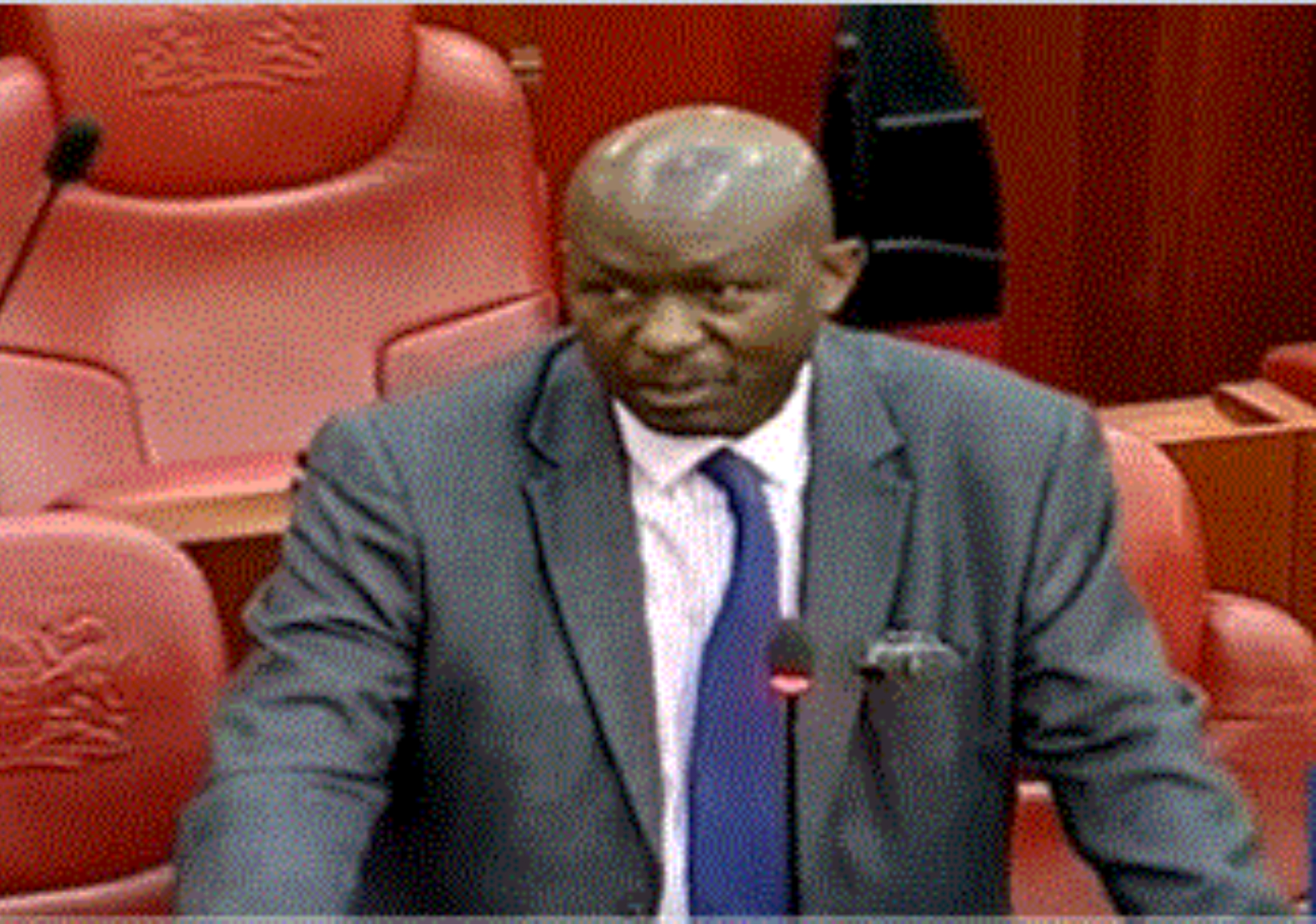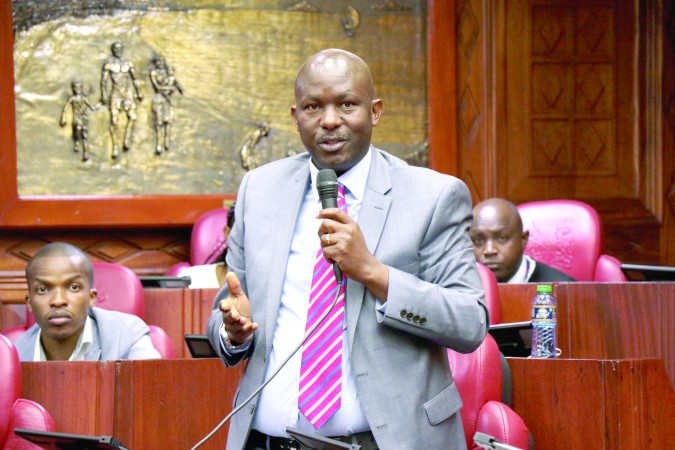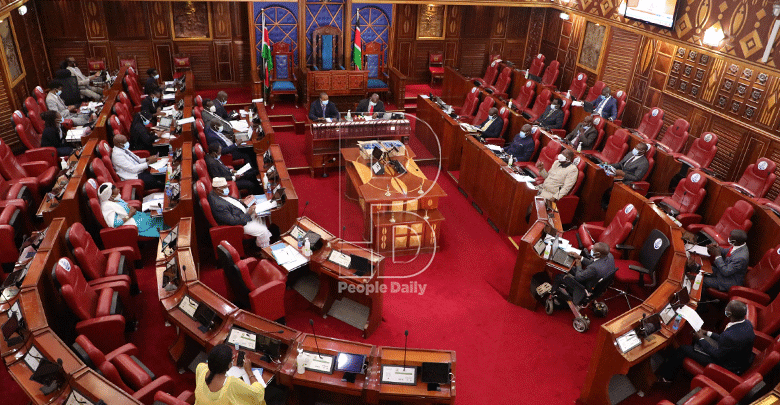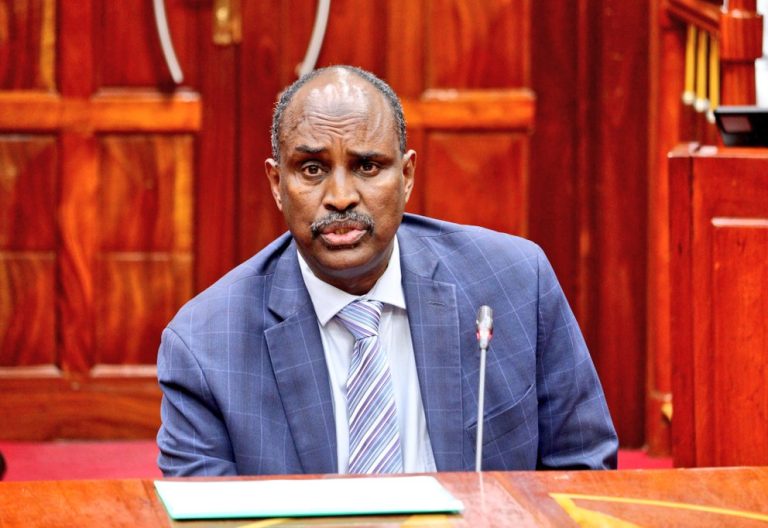Team: MPs will not amend BBI bill, only edit it for typos
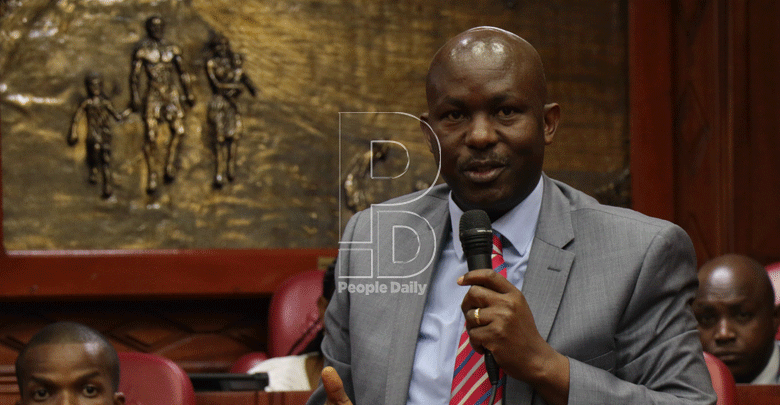
Mercy Mwai and Hillary Mageka
There will be no amendments to the Building Bridges Initiative (BBI) bill, it has been resolved.
This is after lawmakers, who sit on the joint committee of the Senate and the National Assembly considering the bill, unanimously agreed yesterday not to make any changes to it, instead resolving to retain it in its current form as advised by experts.
However, discrepancies between the bill taken to the Senate and that of the National Assembly show the two Houses were given different documents. And there will be need to edit the document for typos.
The Joint Legal Affairs and Justice Committee considering the bill has established the bi-cameral Parliament received two versions of the bill with marginal and typographical errors.
A report on the scrutiny of the bill forwarded to the Senate and the National Assembly, prepared by constitutional experts Prof Patricia Kameri-Mbote and Dr Collins Odote says the bill submitted to the Senate by MCAs gives reference to Article 13(b) (2) while the document at the National Assembly gives reference to 13(b) (3).
“The correct reference is Clause (2) as there is no Clause (3) in Article 97,” the constitutional experts state in their report.
There is also variation in the bill currently before both Houses of Parliament particularly on Article 48.
According to the experts, while provisions are similar, however, there is an error in the marginal note that amends Article 188, though, the substantive provision relates to Article 188.
The legal consultants have advised that marginal notes should be aligned to the correct provision that is Article 189.
Scrutinising material
There is also variation in the National Assembly’s copy second schedule paragraph 1 (1) that makes reference to Article 89 (7) while in the Senate replica paragraph 1 (1) that makes reference to Article 89 (7)
“The provision in the Senate bill erroneously refers to Article 89 (7) whereas the National Assembly bill refers to Article 89 (7),” the report says, adding that the correct referencing is Article 89 (7).
Unlike Kenya, Prof Mbote and Dr Odote noted that Switzerland has detailed provisions, allowing Parliament to reject or approve a Bill in whole or part, or to present counter-proposal, but limits the power of Parliament to amend except to correct typos or issue of form.
“Therefore, debate will be whether Parliament in Kenya can correct typos and issue of form not whether it can amend,” the report suggests.
Before the 2010 Constitution, the legal experts observed that the Attorney General had powers to make revisions to laws to address issues of form and typos.
“After 2010, Parliament can do, it is therefore, and arguable that Parliament can correct the form and typos in the bill,” they held.
Contacted by People Daily on Tuesday, Nyamira Senator Okong’o Omogeni, co-chaired the joint committee, confirmed without divulging any details that his team was scrutinising material that came from County Assemblies to ensure that the bill Parliament is processing is in strict conformity with the one submitted by IEBC.
“We are ironing out small issues to ensure it does not violate the Constitution,” Senator Omogeni said.
At a retreat in one of the hotels in Kiambu county, the legislators adopted the experts’ resolutions, which had warned them against making changes to the bill on grounds it was the product of a popular initiative.
Some committee members who spoke to People Daily off the record as they are not authorised to speak on its behalf, said they had resolved to let the bill be debated by the plenary in the current form as any changes on it would negate the spirit of the Constitution.
“What was the most critical thing for us was to agree, do we change the bill or not? We concluded that this bill is a people driven initiative and therefore, has to remain in its current form.
Any interference on it would mean that we interfere with the people’s voices and therefore, we concluded that this bill cannot be changed,” said one -member.
“This decision was unanimous, devoid of splits, infighting or disagreements, all of us who were present, save for maybe ten who were not there, agreed we cannot change this document,” he added.
